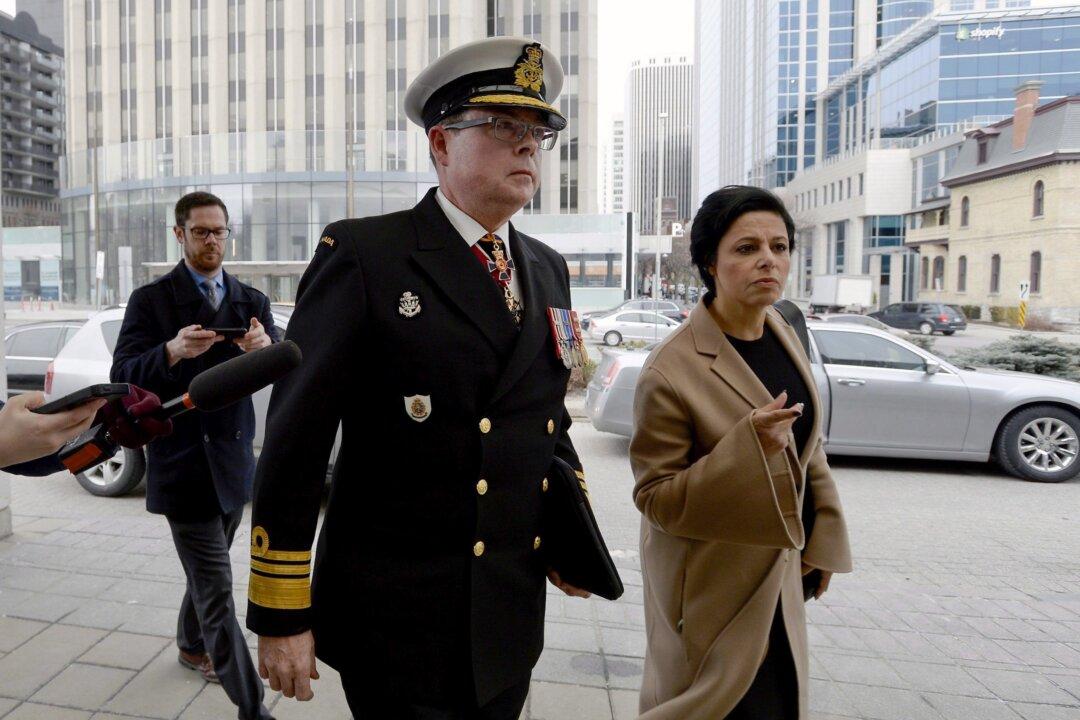OTTAWA—RCMP investigators say they’re not sure why the Mark Norman case collapsed because they haven’t seen the new evidence that led to the stay of a breach-of-trust charge against the naval officer.
The Mounties also suggested that former Conservative ministers—a possible source of the fresh evidence given to defence counsel—could have come to the RCMP with the information at any time.





